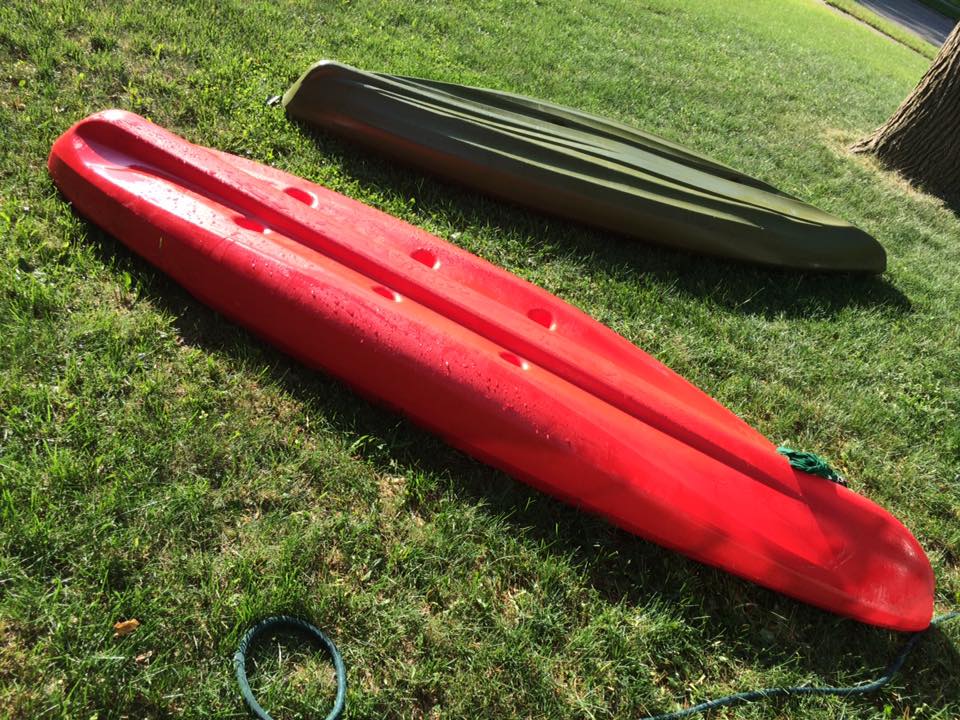
PUBLIC COMMENT SOUGHT ON AQUATIC INVASIVES
By Mikaylah Heffernan, MUCC Resource Policy Assistant
The Michigan Department of Natural Resources is seeking public comment on a proposed amendment to the aquatic invasive plant treatment proposal approved in 2015 by the U.S. Fish and Wildlife Service.

Washing your boats, canoes and kayaks can prevent the transfer of aquatic invasive plants. Photo: MUCC
The 2016 amendment would add five species to the list of aquatic invasive plants that could be detected or treated by the DNR’s Early Detection and Response Program:
- Brazilian water-weed (Egeria densa)
- Hydrilla (Hydrilla verticillata)
- Water-chestnut (Trapa natans)
- Water soldier (Stratiotes aloides)
- Yellow floating heart (Nymphoides peltata)
Aquatic invasive plants compete with native species for space, water, and nutrients, limiting the habitat and survival of native species and wildlife throughout Michigan’s 6.4 million acres of wetlands.
Public comments on this amendment will be accepted through June 10, 2016, via email to Joanne Foreman at foremanj@michigan.gov. You can obtain a copy of the environmental assessment as well as the 2016 amendment at the www.michigan.gov/invasives under the Control & Management section.
Want more ways to help protect Michigan’s natural resources? Make sure you follow the steps below:
- Do not purchase invasive plants or animals that are restricted or prohibited in Michigan.
- Do not transplant or release aquarium plants, fish or animals into lakes, streams or ponds.
- Construct ponds or water gardens away from other waters, wetlands and floodplains.
- Clean, drain, and dry all boats, trailers and equipment
- Dispose of unwanted bait in the trash
- Do not launch a watercraft or place a trailer in the water if aquatic plants are attached.
- Do not release unused bait into the water.
- Do not transport water over land in bilges and live wells.
